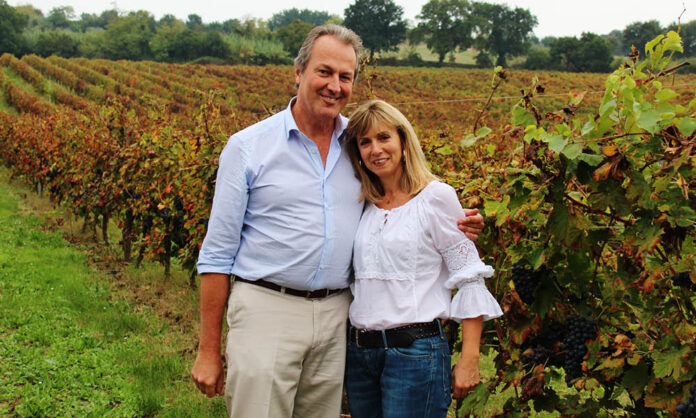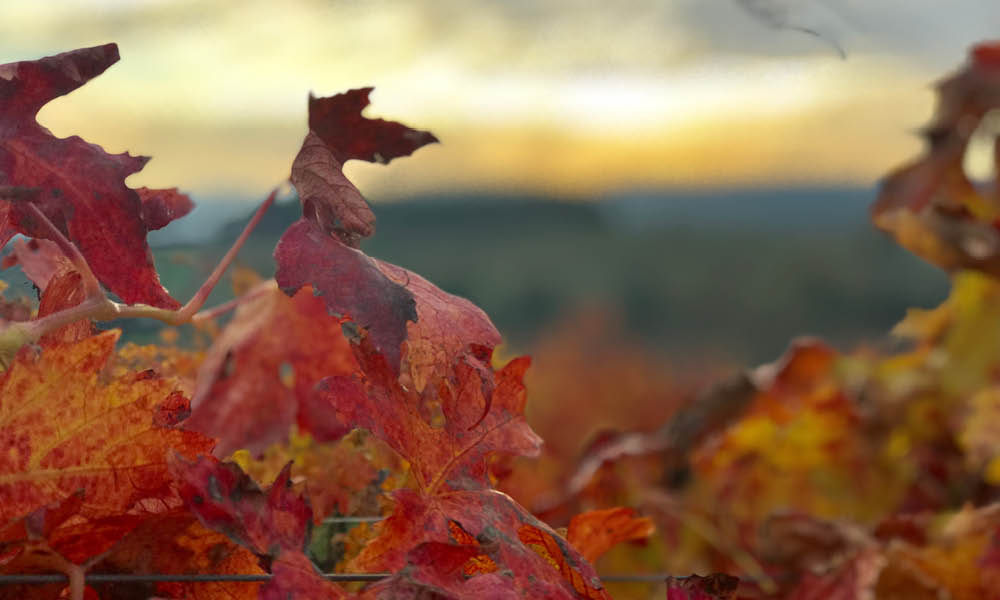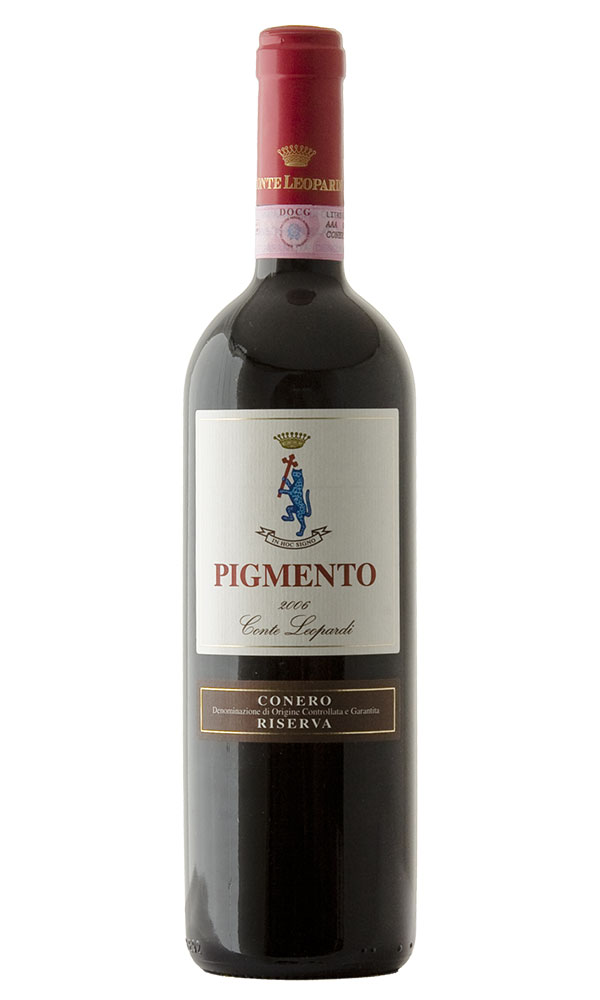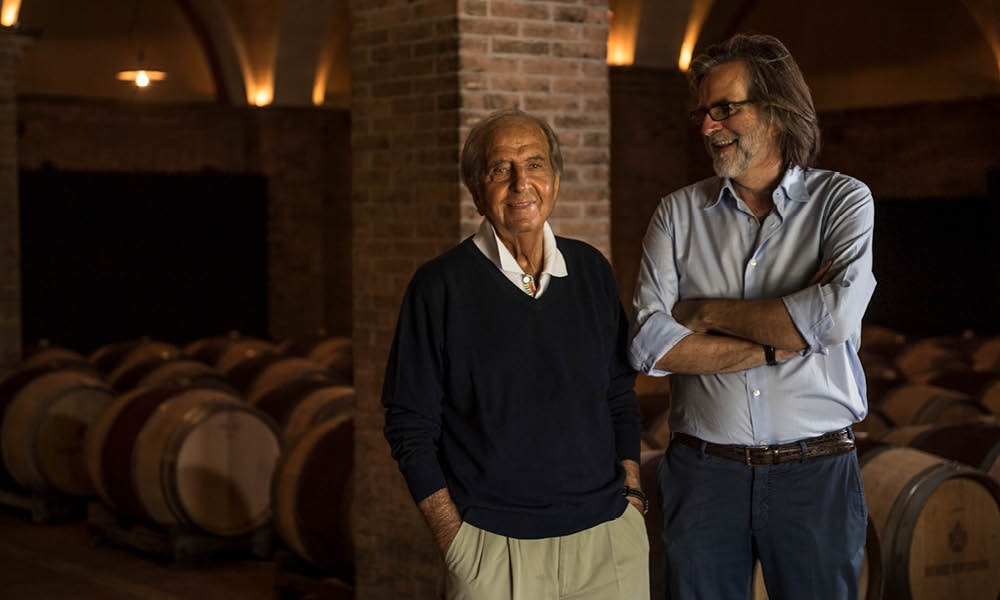
(NUMANA – ANCONA) Piervittorio Dittajuti Leopardi, under the direction of Riccardo Cotarella, produces red and white wines in Numana. Among the most important wines Rosso Conero Fructus, Verdicchio dei Castelli di Jesi DOC, Villa Marina and two Conero DOCG Riserva, Casirano and Pigmento.
Conte Leopardi’s History and Philosophy
The history of the family of the Leopardi counts , whose name immediately evokes the illustrious poet, boasts very ancient origins, which date back to the middle of the fourth century AD, when the Bishop Leopardo de ‘Leopardi was called by Pope Innocenzo to convert the ancient and pagan town of Auximum, today’s Osimo, in the Marche. The Bishop managed to convert citizenship, but paid his dedication with life, suffering martyrdom in 405 AD. Since then, the family has included illustrious people in its family tree, who have distinguished themselves in different fields. The first title of count in the Leopardi family was granted in 1200, and since then it has been handed down from father to son. Subsequently, in 1864, a branch of the family added the surname Dittajuti, to respect the will of a relative who died without descendants, and who left them a huge fortune.
Along with agricultural properties, the passion for viticulture is always passed down from generation to generation. At the beginning of the 1900s, Count Giulio Leopardi Dittajuti , Piervittorio’s great-grandfather, current owner, already won prizes with his wines, participating in the first wine competitions of the time. But in the past thirty years, Piervittorio , together with his wife Lidia , has completely transformed the family business, so much so that it has become one of the most modern and well-equipped wine houses in the Marche. It is based in Numana, in the hilly area overlooking the sea of the Conero Riviera. This double influence, altitude and freshness brought by the sea, give the grapes an absolutely recognizable character. Being so rooted in its territory brings this family to know the vineyards and their needs perfectly, thus managing to manage a really wide production of quality red and white wines.

The wines of Conte Leopardi
Since Riccardo Cotarella took the oenological direction in 2003 , the quality level of wines has grown exponentially, demonstrating the great enological vocation of this area of Italy. Among the most recognizable wines: Limestone , a white wine from Sauvignon blanc grapes , with a great aromatic balance, and Castelverde , a Verdicchio dei Castelli di Jesi DOC mineral and harmonic.
But the queen grape of the house is Montepulciano, which gives life to some very interesting wines: Rosso Conero Fructus and Villa Marina, are undoubtedly the best known of the company, while two Conero DOCG Riserva, Casirano and Pigmento , are the finest wines of the house. Especially the latter, it is a very special wine, as the grapes with which it is produced are left on the plant until the end of October. The refinement is very long, 2 years in barrique and in the cellar for another 2 years before being put on sale. It is a powerful and balanced wine, an excellent ambassador of the best wines of the Marche.
Pigmento – Conero Riserva

| Appellation: | Conero Riserva D.O.C.G. |
| Grapes: | Montepulciano 100% |
| Alcohol: | 14° |
Info & Contacts Conte Leopardi
Address: Via Marina II 4, 60026 Numana (AN)
Tel: +39 071 7390116
Website: www.conteleopardi.com
e-mail: info@conteleopardi.com
Wine tastings
Direct Sales





